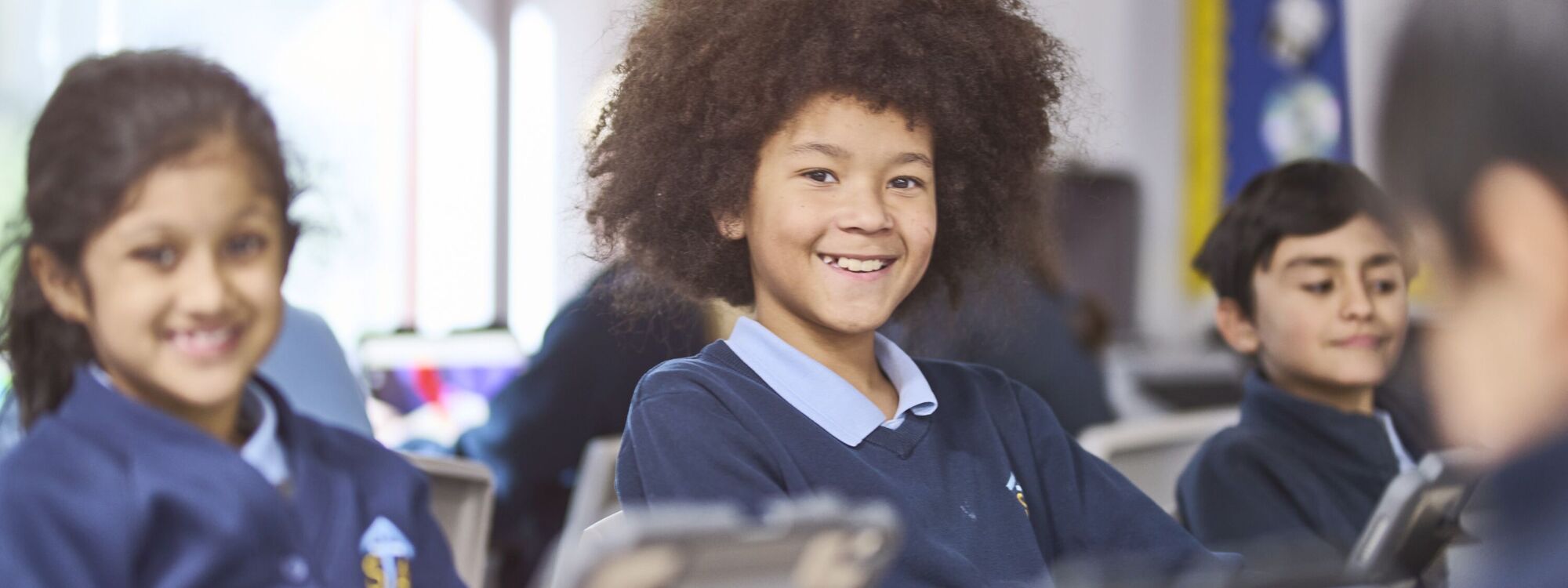
- Home
- Curriculum
- Subject Information
- Science
Science
Subject Lead = Miss Fitzgerald
What Science looks like at Saint Augustine’s
At Saint Augustine’s, we are using the Science Twinkl Scheme PlanIt which has been embedded across the school. The curriculum helps develop in children a lifelong curiosity, appreciation and understanding of the world around them, including the global challenges of sustainability. The PlanIt scheme of learning ensures that children have a high-quality, rich, varied, and engaging science curriculum that fully and coherently covers all the science aims in the national curriculum. We want our children to understand and develop an appreciation of how it has changed the lives of human beings and how vital it is to the world’s development and future prosperity.
Developing the children’s curiosity through investigative work, the curriculum endeavours to provide children with opportunities to ask and answer scientific questions about the world around them. Allowing children to reach informed conclusions and equip them with skills to be tomorrow’s problem solvers.
We aim to keep the children engaged through a stimulating curriculum, that develops all learners including disadvantaged and SEND pupils into risk taking, independent, confident, and resilient students.
EYFS
In the EYFS curriculum, Science is covered in the Natural World strand of Understanding the World. Science is introduced through activities that encourage every child to explore, problem solve, observe, predict, think, make decisions, and talk about the world around them.
Children begin developing their scientific thinking and enquiry skills through the exploration and investigation of the world around them. In EYFS, children have a range of different opportunities to learn scientific concepts, both inside the classroom and in the outdoor areas. They are encouraged to ask questions about why things happen and how things work, as well as thinking of ways of answering questions and explaining why some things occur. Children make observations of animals and plants and objects in their natural environments and are introduced to and encouraged to use appropriate scientific vocabulary.
Continuous provision activities are planned to provide independent learning to support and reinforce concepts explored.
Year 1-6
Each unit of work has been designed to embed previous learning that allow children to continually revisit previously taught concepts, thus retaining them in their long-term memory, we call this Flashback 4. Key vocabulary is highlighted at the beginning of each session and likely misconceptions are also identified to ensure they are addressed and any gaps in knowledge plugged.
Teachers use adaptive teaching strategies to ensure that all learners including SEN children, EAL children and other disadvantaged groups can make good progress.
Curriculum Implementation
Within Years 1 - 6, each lesson focusses on a manageable step of new learning based on the National Curriculum.
What a typical lesson looks like:
Flashback: An opportunity for pupils to retrieve and build upon previously acquired skills, to improve retention through four questions.
Teacher Input: Introduction to learning with identification of key vocabulary, key questions posed to the children to deepen their scientific understanding. Live modelling and explicit addressing of potential misconceptions support learning and moving on in the classroom.
Independent/group work: Most lessons will have a practical element to give children the opportunity to investigate and answer enquiry questions. Some lessons will involve written work, where they are gaining some substantive knowledge. Most lessons will be a combination of both depending on the nature of the unit of learning.
Assessment: Children are assessed throughout the lesson with questioning, live marking and verbal feedback given in the class (as per the schools marking policy). Both summative (formal tests) and formative (class observations & learning) support the teachers' assessment of a child. A termly data drop of assessment levels ensures that children can be tracked according to National Curriculum outcomes.
Curriculum Impact
Our school’s nature of Curiosity, Aspiration and Engagement are fully represented in our science curriculum. We aim to develop these attributes in each child, through a stimulating, practical and inclusive curriculum, which is delivered to all pupils, irrespective of specific learning needs or disabilities. Though we use the Twinkl Planit Science scheme to deliver our curriculum, teachers adapt learning where necessary to ensure that all pupils make good progress and achieve their potential. We also endeavour to incorporate and uphold the British Values in our Science learning.